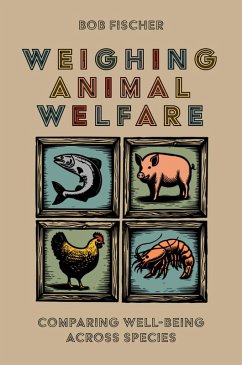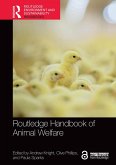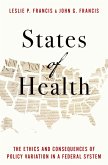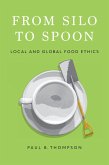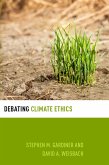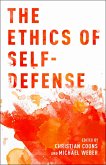When, if ever, is it better to spend money to improve pig welfare over chicken welfare? Which species of fish is worse off in commercial aquaculture operations? When, if ever, would humans benefit less from a policy than animals stand to lose? The answers to these questions involve making interspecies welfare comparisons-assessments of how well or poorly the members of one species are faring compared to the members of another species. It's important to answer these questions, as governments, NGOs, and private actors regularly make decisions that assume particular views about them. However, there is no accepted method for making interspecies welfare comparisons: welfare assessment tools are designed to make comparisons
within species, not across them. This volume addresses this crucial gap in the literature: it proposes a methodology for making such comparisons, it puts that methodology into practice, and then reports some tentative, proof-of-concept results. This book reports the results of a collaborative, 20-month, interdisciplinary project on making interspecies welfare comparisons. It includes contributions from philosophers, neuroscientists, comparative psychologists, animal welfare scientists, and many others. Unlike many edited volumes, this book is the product of a joint enterprise with a specific, shared goal: to develop a way to make principled comparisons between courses of action that affect different kinds of animals. This book reflects the contributors' collective view about one way to achieve that goal.
This is an open access title available under the terms of a CC BY-NC-ND 4.0: Creative Commons Attribution-Noncommercial-NoDerivatives licence. It is free to read on the Oxford Scholarship Online platform and offered as a free PDF download from OUP and selected open access locations.
Dieser Download kann aus rechtlichen Gründen nur mit Rechnungsadresse in A, B, BG, CY, CZ, D, DK, EW, E, FIN, F, GR, HR, H, IRL, I, LT, L, LR, M, NL, PL, P, R, S, SLO, SK ausgeliefert werden.

